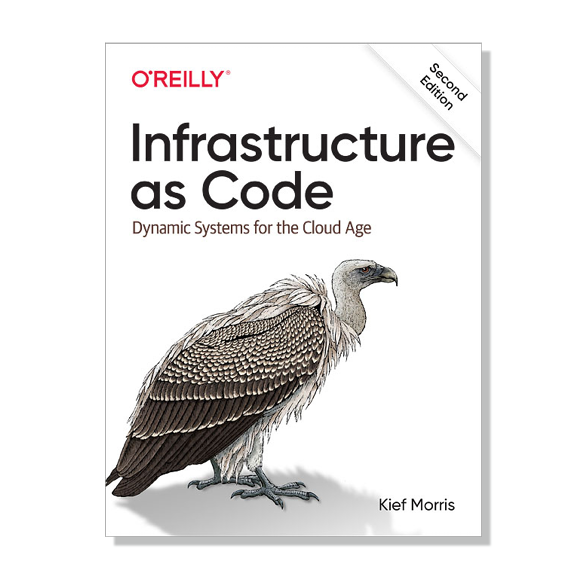Infrastructure Consultants have hands-on involvement in building CI/CD ecosystems, creating infrastructure automation with practices like infrastructure as code and launching support services such as logging, monitoring and alerting.
But they don’t just build: they empower and influence.
Infrastructure Consultants encourage their teammates to take ownership of infrastructure and they extend that mindset to our clients, too. By helping organizations adopt DevOps culture, they can break out of rigid, traditional ways of working and evolve to more customer-focused and agile approaches.
A career as a Cloud and DevOps consultant can be both challenging and rewarding. It requires a strong technical foundation, excellent communication skills and a passion for helping clients leverage technology to achieve their goals.
People you might work with

Sagar Trivedi
Senior Infrastructure Consultant, Mumbai
I started my career nearly a decade ago as a software developer, but quickly found a passion for infrastructure and operations. I knew Thoughtworks had a strong reputation of delivering high-quality solutions to clients while focusing on continuous learning and I ended up joining as a Senior Infrastructure Consultant.
I like working with clients to optimize their technology infrastructure while identifying opportunities for cost savings and efficiency improvements. My work involves solving a variety of challenges in domains like CI/CD, scaling, cost optimization, disaster recovery, path to production, observability and more. I also enjoy hosting and talking at events and recently had the opportunity to host an event called InfraVerse: a technology forum where infrastructure experts share their knowledge and experience.

Janki Kodrani
Senior Infrastructure Consultant, Bangalore
I started my journey as a cloud architect and now I play various roles at Thoughtworks including Senior Infrastructure Consultant and Bangalore Infrastructure Community Lead. Transitioning to a DevOps role wasn't easy: I went through a learning curve to pick up the necessary skills like automation of infrastructure creation, CI/CD tools and much more to help me feel confident in my role.
At Thoughtworks, along with consulting I get a chance to contribute to the Infrastructure community. Organizing internal and external events such as InfraVerse, Quiz Wizards, Knowledge Feast and InfraIgnite gives me immense joy and satisfaction.
In this role I've learned a global-first approach, become more empathetic and mentored others while learning from them too. I've also learned how to embrace feedback as part of career growth.

Jinay Vora
Lead Infrastructure Consultant, Mumbai
I'm very passionate about exploring new tools, building secure scalable solutions and collaborating with like-minded individuals. Since joining Thoughtworks, I've had opportunities to implement end-to-end infrastructure solutions, run inception workshops, define infrastructure processes and become a thought leader. These learnings and getting to work with domain experts have helped me grow into a Lead Infrastructure Consultant.
I love the breadth of technologies we get to use and the opportunity to learn from experts within Thoughtworks. Each domain, business problem and solution requires a thorough deliberation of various tools and frameworks to design an optimal solution.
Books written by our thought leaders

Infrastructure as Code by Kief Morris
Equipping technologists with the knowledge needed to manage dynamic infrastructure.

Infrastructure as product by Max Griffiths
Get insights into reviewing your cloud infrastructure, challenge traditional engineering approaches, and learn ways to accelerate your internal developer teams.
Podcast suggestion:
Exploring infrastructure as code
Brief summary
Our team catches up with Kief Morris to hear about the release of his updated book on infrastructure as code. They explore how tools, practices and patterns from software engineering can be applied to managing infrastructure — and how IaC has evolved in the years since Kief wrote the first volume.


Creating, deploying and managing IT systems is an increasingly complex problem, as the world shifts to distributed cloud-based technology. This is placing increasing importance on the decisions we make about infrastructure, how we manage it — and how we prepare for change.




















